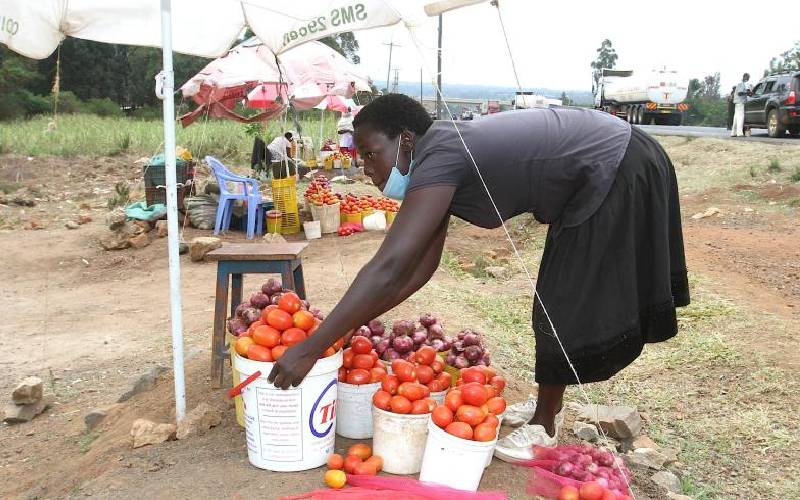×
The Standard e-Paper
Fearless, Trusted News

For the second year in a row, workers will mark Labour Day in an aura of uncertainty.
The Covid-19 pandemic has seen many of them go through life changing experiences such as job losses while those who still have jobs are most likely working on reduced pay. Worse, there is no telling when all this will be over as every time there is a ray of hope, another Covid-19 wave appears at the bend ready to quash any hopes.